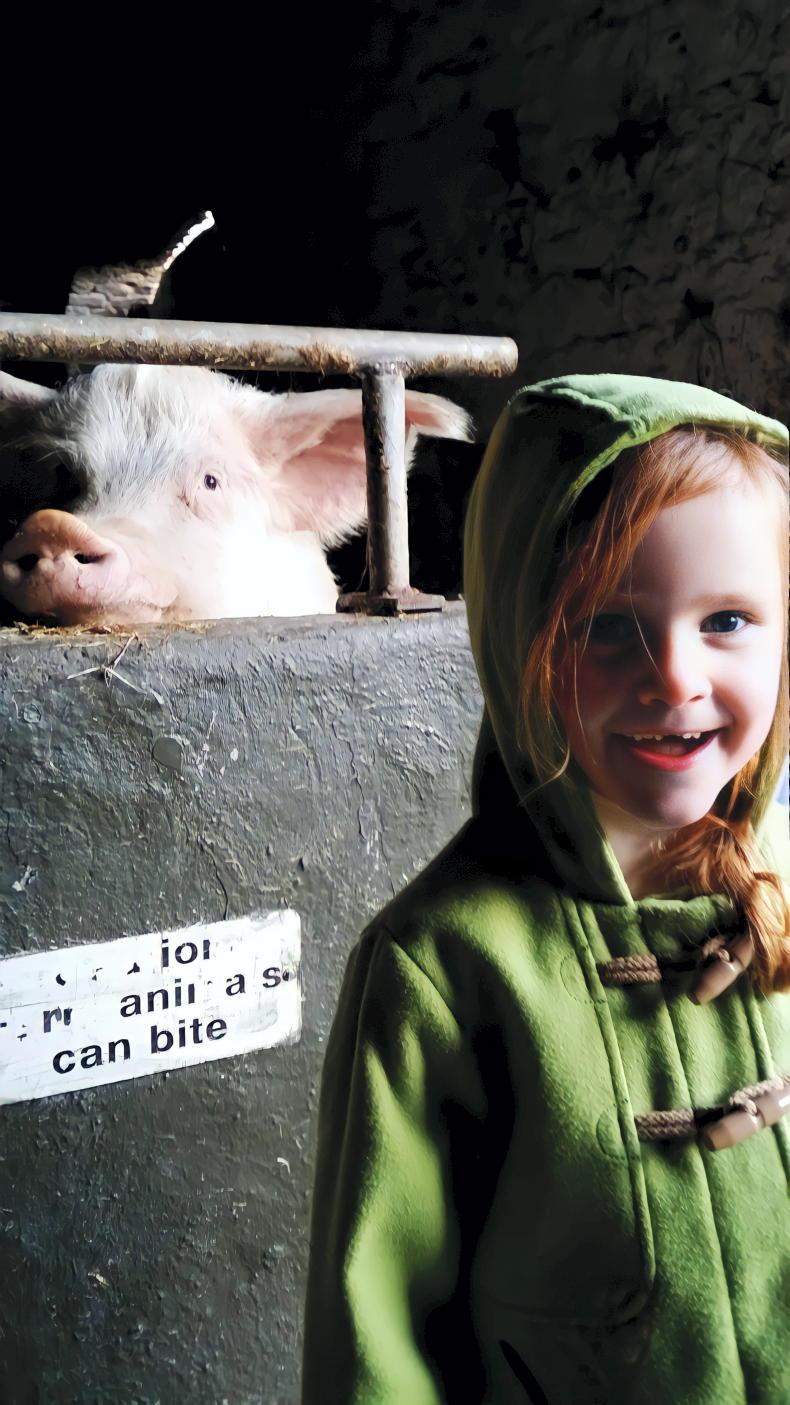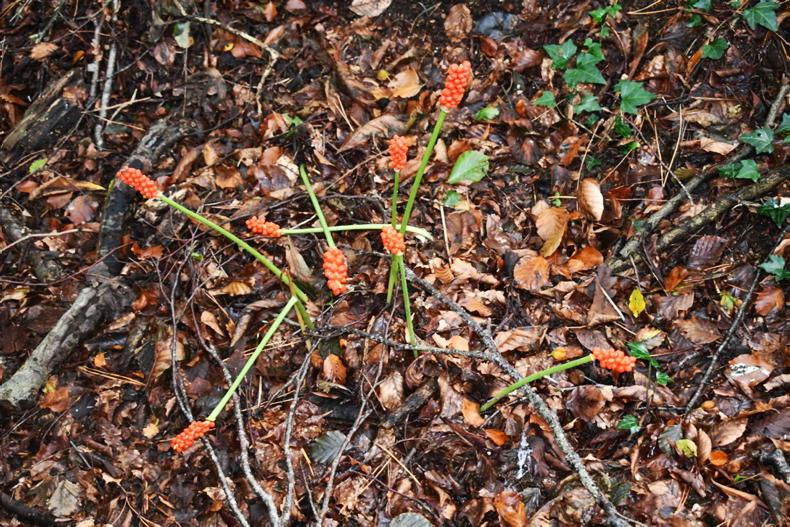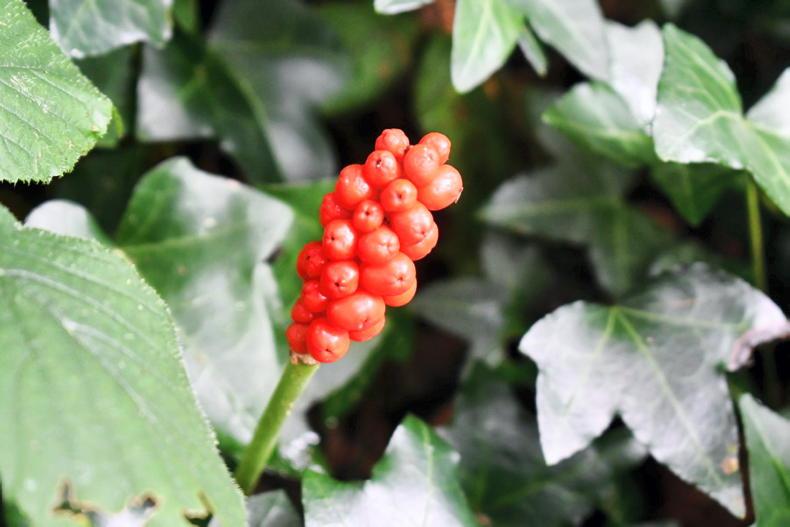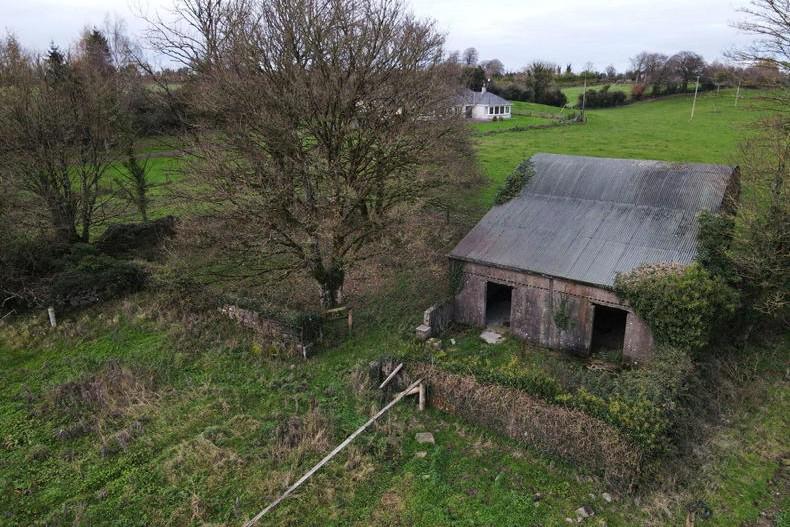A chara,
I would like to raise awareness of a particular danger on farms at this time of year.
On a Sunday evening recently, my 10-year-old daughter was out cycling with her friends around the local area. As she headed towards an open public place, she was caught around the neck by an electric cord put across the entrance by someone to direct cattle. As her bicycle drove her forward, the cord tightened round her neck and was only released when she fainted and fell off her bike.
The child’s neck was badly cut as if someone had cut her throat. The sight of the abrasion was shocking to look at, and frightening for the child. The doctor said that it could have caused lasting damage had it have been inches lower.
The trauma of this event has caused serious damage to my daughter, myself, and our family. I would like to use your platform to highlight the dangers of not paying attention to the dangers of even an electric cord across a gap. I wish to ask all landowners and farmers not to be complacent about the dangers when young people are about.
If an electric cord is needed to direct animals, it should be removed immediately to avoid such a near tragedy as ours happening again.
Name with editor
Always salt your tomatoes. Why? Because salt will take the juices from inside the tomato to the outside, evenly distributing those juices and making each bite of tomato a delight. Also, if you hate adding tomatoes to salads because they get soggy, you can solve this problem by salting the sliced or chopped tomato and placing the pieces in a colander- the excess juices will drip out and the flavour of the tomatoes will be perfect when you’re ready to add them into your salad. Salt also does the same thing to your saliva glands- it draws saliva out, making an eating experience more enjoyable.
Note: You only need a small amount of salt in your diet so although delicious, watch your intake.

with Dr Catherine Keena, Teagasc countryside
Look out for the fruiting spike of Lord and Ladies in shady hedges and under dappled sunlight of native woodland margins, especially in lime-rich soils. The iconic cluster of scarlet fleshy berries on the spike is spectacular and instantly recognisable. Although all parts of the plant are extremely poisonous, the berries are eaten by blackbirds, thrushes and pigeons. The plant is pollinated by small midges, called owl midges. Starch from the roots was used to stiffen linen. Lord and Ladies, also called cuckoo pint is part of our native Irish biodiversity.

If you’re going to be sick out of hours in Ireland, be a cow!
Kilkenny farmer Denis Drennan’s on accessing out of hours care for his mother who is 84 and has dementia. See part 1 of our Rural healthcare investigative series
6 weeks ago the little Ukrainian lad staying with us was terrified of calves! Now he’s inseparable from his mate Max the calf. #dairy #doingourbest pic.twitter.com/30BmCPO9q2
— Andrew Brewer (@ennisbarton) September 10, 2022
The number of years that Pat Spillane go paid for talking about his hobby









SHARING OPTIONS